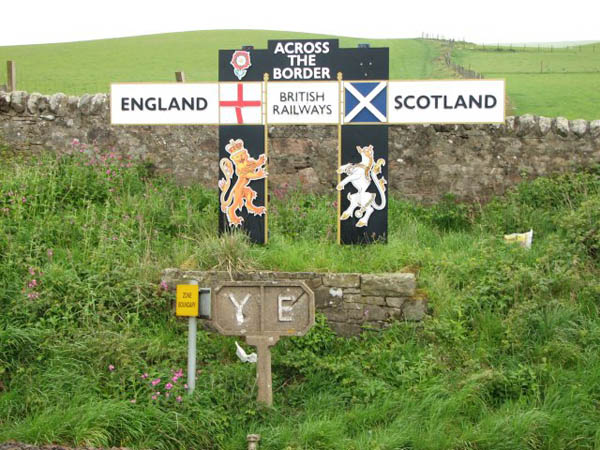
The Scottish National Party (SNP), the loser in the consultation, has seen its number of members grow overwhelmingly, from 20,000 to 88,000 in only a few weeks. It might not only again win the regional elections in 2016, but also sweep the board in Scotland in the general ballot due by next May. The Conservatives are virtually absent from the Scottish scenario. Labour is losing ground by having allied itself in the referendum campaign to David Cameron, who is seen in Scotland as being responsible for cutting social services. The new SNP leader and Scotland’s new Chief Minister, Nicola Sturgeon, has, although not as spectacularly and in a less populist fashion, an even more social-democratic discourse than her predecessor, Alex Salmond. Scotland is not only to the North, but to the left of England.
The SNP is set to steal votes from Labour. Some polls suggest that in the May general election the latter might lose all or nearly all of the 41 British seats it won in 2010. And if Labour loses many seats in Scotland, it will find it very difficult to govern in the UK. Its hope is now to succeed in the election of a new leader for the Scottish Labour Party, a process that will culminate on 13 December. Will it be Jim Murphy, a former minister of working-class extraction who is defending Labour’s essence of more taxes and more social spending and who aims to move away from Blair’s Third Way? If Murphy fails to change the current dynamics, the SNP can become the majority-broker for a future British government.
London is now working on the ‘devolution plus’ package that was promised to the Scots to prompt them to vote overwhelmingly in favour of preserving the Union. The first proposals, especially the fiscal ones, are due in a few days, although it is not certain that everything will be agreed by the end of January so as to comply with the original undertaking. In any case, at the recent SNP Congress it became clear that the Scots nationalists aspire to assume almost all powers except foreign policy and defence. Anything less would be considered a breach of promise by the SNP. Although they speak very little about the positive fiscal balance Scotland receives from Westminster. Sturgeon herself has indicated that she might propose another independence referendum if devolution is insufficient, Westminster’s austerity policies continue or if the UK decides to depart from the EU, to keep Scotland in.
In England, the debate continues about ‘the English question’, ie, how to solve the political problem that Parliament in Westminster cannot vote on matters that are now the competence of Scotland while Scottish MPs in Westminster can decide on issues pertaining to England, which lacks any devolved powers. However, despite Cameron’s promise to solve the problem, the current mood is not conducive to creating an English region, gigantic in population and economy compared with Scotland, nor to split England into several regions, thereby aggravating the differences between the poorer North and the much richer South. It should be borne in mind that the area known as North-East England rejected devolution in a referendum in 2004, thus stopping in their tracks similar initiatives for other regions. Cameron might force the debate to embarrass Labour before the election, since it remains highly suspicious of regionalisation.
Nevertheless, what is being discussed is giving greater autonomy to the UK’s major cities, and this is something that Labour sees with interest, as it is in power in many of them. The underlying reasons are taxes, infrastructure, municipal transport and such like, along with the direct election of mayors –all of which seem fairly standard practice on the Continent–. In this respect, British local authorities lag behind the Continental counterparts. In fact, 10 cities were proposed devolution in 2012, of which nine rejected the move. But things have changed with the crisis: most of the country rejects Westminster’s influence on the rest of the country –a dominance that is driving the growth of both the SNP and the anti-Europe UKIP (which last week gained its second seat in Westminster)–, spurred by the further cuts proposed by the Treasury. The Chancellor of the Exchequer, George Osborne, has now proposed devolution for Manchester, and will soon do so for Leeds and Sheffield. The Labour leader, Ed Milliband, in turn, wants to transform the House of Lords into a Senate with elected representatives from both regions and cities. Perhaps the Scottish referendum will lead not to England’s regionalisation but to the multiplication of metropolitan areas with greater tax and management powers, something that might have Margaret Thatcher turning in her grave.


